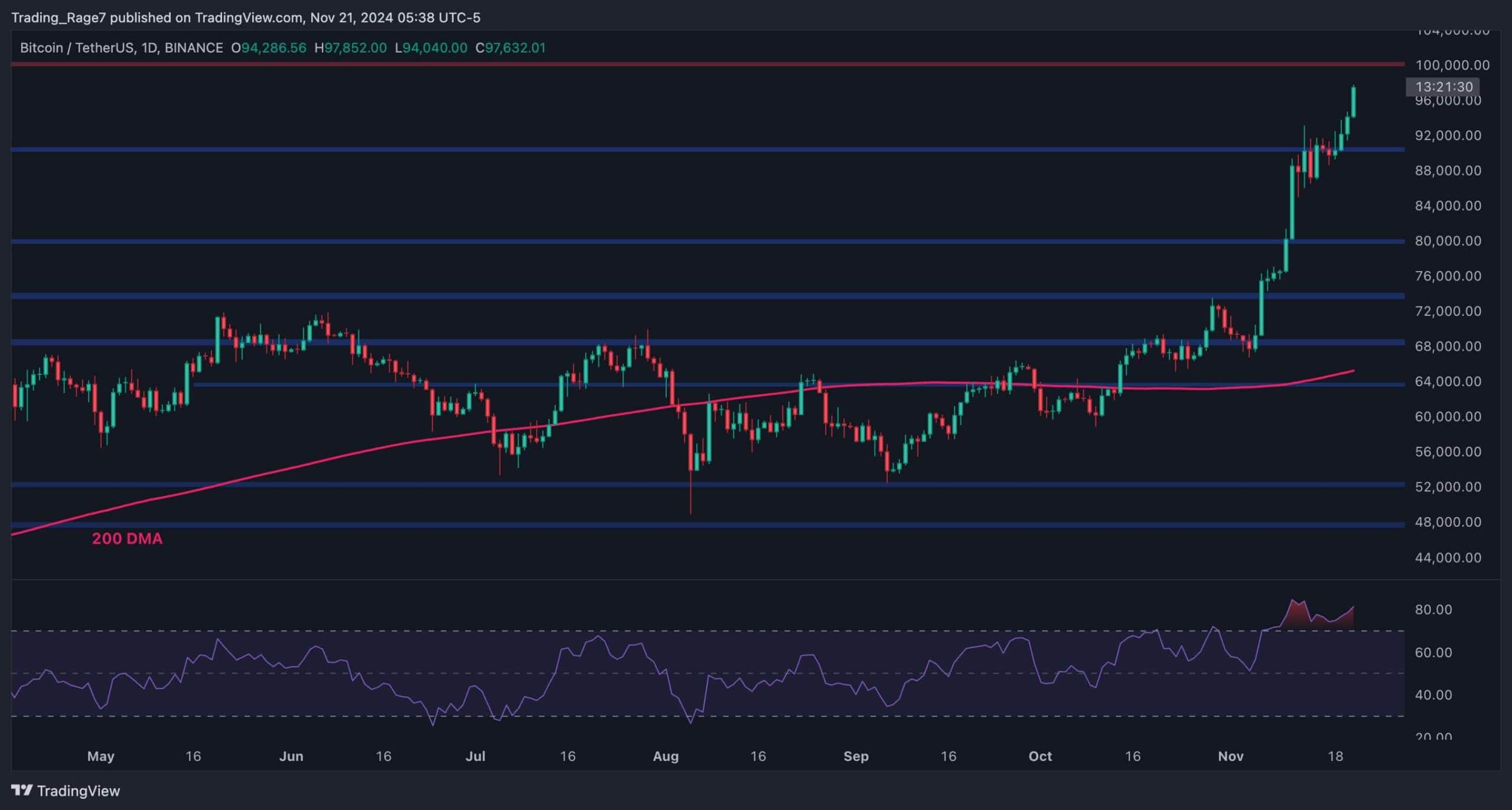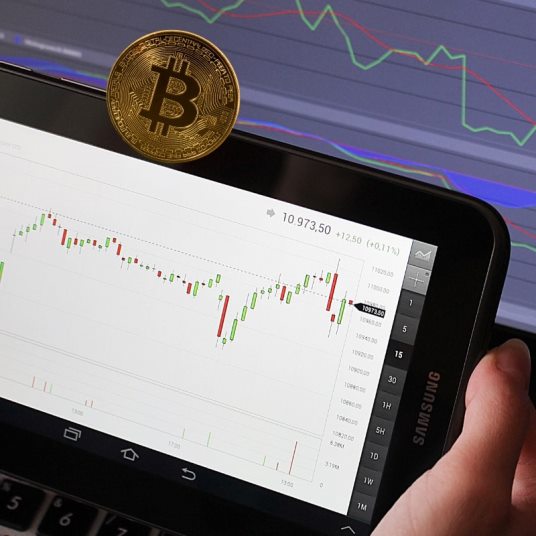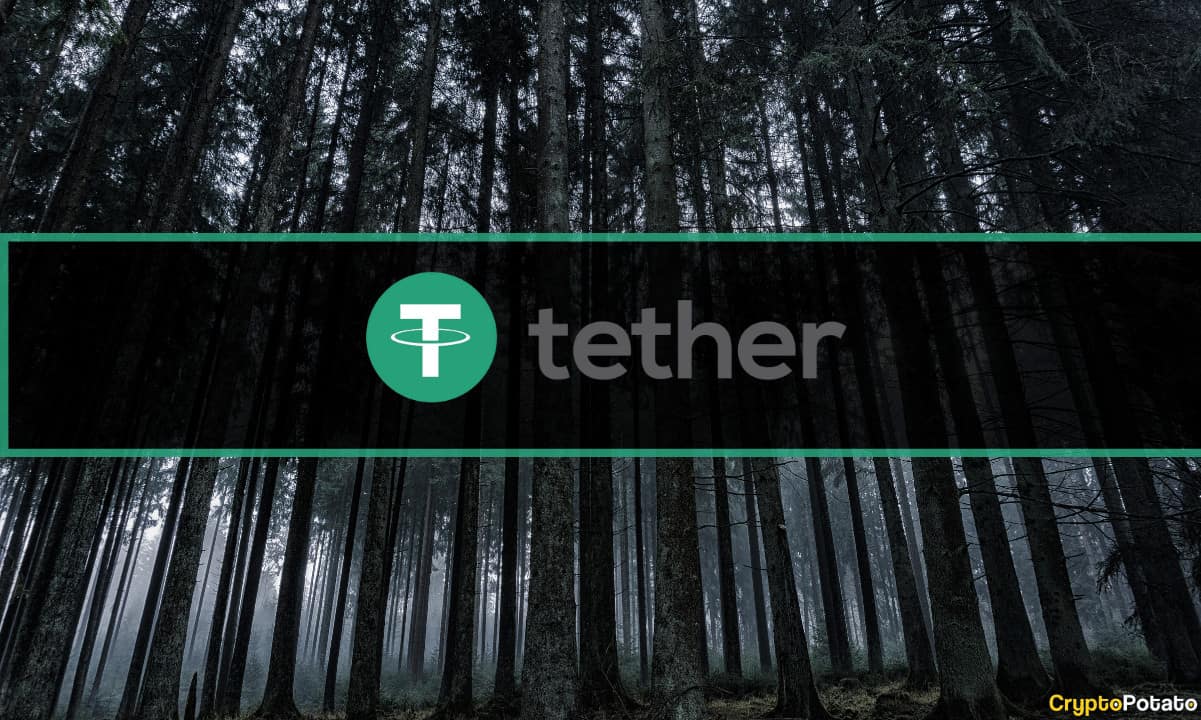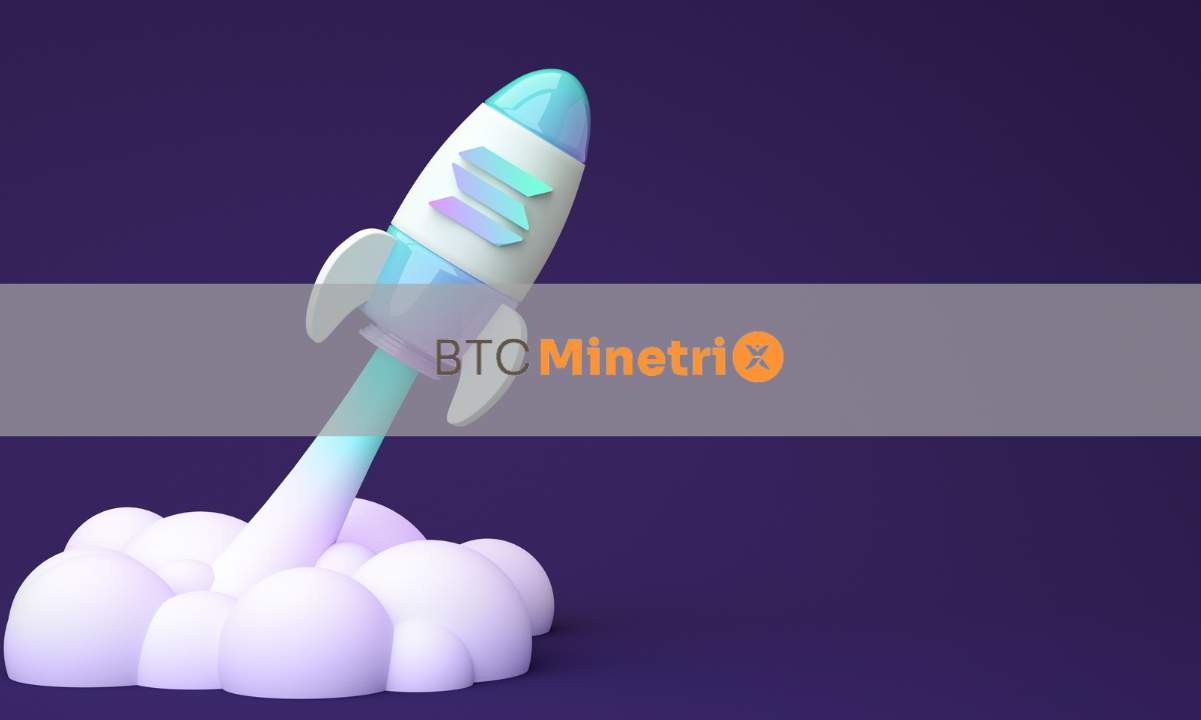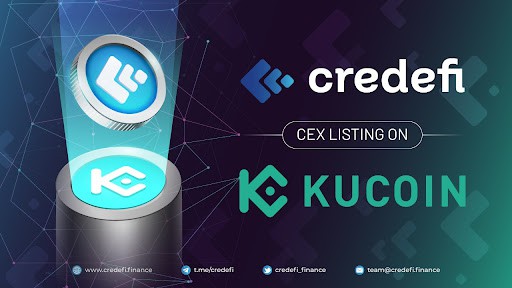Cardano to Increase Block Size by 11% to Optimize the Network
Input Output Hong Kong (IOHK), the research and development company behind the Cardano blockchain, has announced that the network is on track to increase its block size by 11%.
Increasing Cardano’s Block Size to 80KB
Announcing the new update via a tweet on Wednesday, IOHK noted that the proposal will see the total block size grow from the current 72 kilobytes (KB) to 80 KB. This development should allow Cardano’s blocks to carry more transactions.
Additionally, IOHK triggered a separate updated proposal to increase the amount of data that can be included in a single transaction on Cardano’s smart contract platform, Plutus. Per the update, the Plutus script memory unit per transaction will go from 12.5 million to 14 million.
Scaling Cardano’s Capability
According to IOHK, the proposal to increase Cardano’s block size and memory units is part of its efforts to optimize the network. With a rapidly growing number of projects launching on the Cardano mainnet, the protocol has to process more transactions and this highlights the need to scale up the blockchain’s overall capability.
IOHK also pointed out that the proposed updates are on track with its larger plan to increase Cardano’s transaction volumes as it steps closer to becoming a go-to blockchain network for DeFi projects.
“This adjustment forms part of a planned series of network optimizations. Cardano will continue to be steadily optimized in a series of measured steps this year, carefully & methodically scaling Cardano for future growth as demand increases…
The network has been designed to safely manage high peak loads and throughput will steadily improve as we continue to optimize. This latest change will continue to improve the user experience,” IOHK said.
Cardano’s First dApp Goes Live
Since the introduction of the long-awaited smart contract functionality on the Cardano blockchain, the network has witnessed a massive surge in the number of dApps and DeFi projects launching on its mainnet.
Just a few weeks ago, the first Cardano-based decentralized exchange (DEX), SundaeSwap, went live on the mainnet, offering several trading pools with native Cardano tokens.
However, the DEX’s launch has been marred by several platform errors and failed transactions caused by network congestion. Hopefully, the proposed upgrades, scheduled to take off on Feb. 4, will allow the dApp to run more smoothly.



